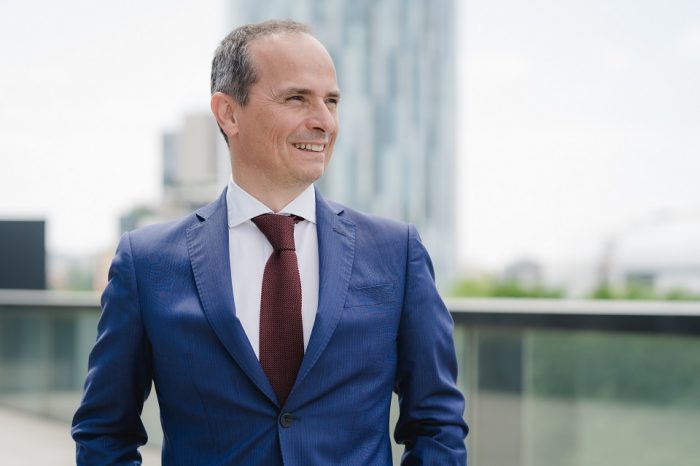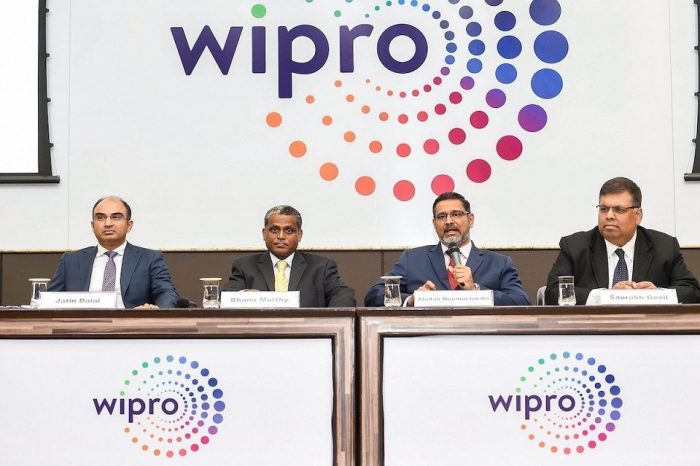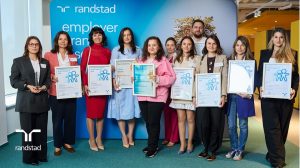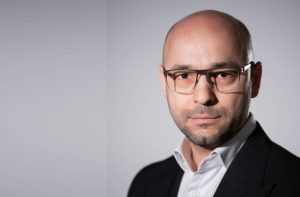Adecco: Romania and the Eastern European countries are at a crossroads regarding workforce investment if they wish to stay competitive

The Adecco Group has recently published the Inovantage Report: Workforce investment that sheds light on the workforce transformations in Eastern Europe, Middle East & North Africa. This edition of the report focuses on a specific areas to invest into in order to future-proof the workforce. The report analyses global trends in workforce development and participation, but it focuses on the Central Europe and MENA region (Poland, Czechia, Slovakia, Hungary, Slovenia, Croatia, Romania, Bulgaria, Serbia, Greece, Turkey and the United Arab Emirates).
Trends in employment in the CEE and MENA region are highly diverse and are bound to national economic conditions. Some countries have had a noteworthy performance in increasing workforce participation. Czechia, Hungary, Poland, Romania and Turkey have all seen employment rates in 2019 surpass pre-2008 crisis levels by 5 percentage points or more, while Serbia has seen a recent upswing in employment rates too.
The upswing in employment rates has caused labour markets to become more competitive as they increase. When it comes to growth in labour costs, countries in Central and Eastern Europe are EU-wide leaders. The switch from a low-wage model in ensuring competitivity requires a rise in productivity and better skilled workers.
All this, along with the reduced supply of workers in the labour market places more pressure on companies to retain and retrain staff.
Rethinking the dynamics of human capital investment has never been more relevant. 2020 has started with a disruptive pandemic, forcing countries in deep lockdowns amid efforts to save lives and prevent healthcare systems from being overwhelmed. There are already indicators – at least in the short term – of economic downturn and a rise in unemployment. However, we are still only learning about how deeply the pandemic will affect daily life. It’s an opportune time to look at empowering the workforce. It’s the right moment to rethink the investment in workforce from the point of view of environment flexibility, work contracts and also lifelong learning programs. – affirms Florin Godean, Cluster Manager Adecco Romania & Ungaria.
We transition the conversation of investment in re-skilling with a call for an increase in flexibility, with a focus on ‘flexicurity’. This means improving flexibility with improved social security for the same. In order for flexicurity to really function, it needs to happen in the context of a larger reshape of existing social security and other systems.
In present times, Romania is lifting restrictions applied during the COVID-19 pandemic, but the workforce does not yet grasp the opportunity to change and assume flexicutiry. Until recently (2018-2019), only 0.4% of Romanians worked from home and only 6% had part-time contracts. At the moment, these numbers have been accelerated by the Coronavirus, but they are still behind european average: 5.2% work from home and 19% part-time contracts. The other countries from the region aren’t close to this average either, but they exceed by far Romania’s same indicators (ex. Slovenia or Greece).
In terms of investment in lifelong learning projects, Romania ranks last in Europe. Only 0.9% of adults in Romania participated in a lifelong learning process (2018), compared to 29.2% – Sweden, 11.1% – European average and 11.4% – Slovenia (the best ranked country in the region).
View the full report: https://cutt.ly/Xu8IjA7
Adecco România is the biggest player in human resources. The company manages over 4,000 people hired temporarily and services over 700 customers daily. The Adecco team in Romania has more than 140 people and the services offered have a wide variety, from recruitment and selection, outsourcing, mass recruitment, to outplacement and training.















